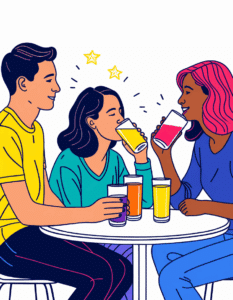Understanding addiction’s vital definition is crucial for parents grappling with a loved one’s struggle. Addiction isn’t just a personal battle; it’s a family affair. Families often bear the brunt of their loved one’s choices, feeling the ripple effects that extend far beyond individual experiences. This can leave those affected feeling isolated, confused, and helpless. At Mothers Against Addiction, we’re here to support and guide families on this challenging journey. Let’s delve into the layers of addiction and uncover how it impacts families from various angles.
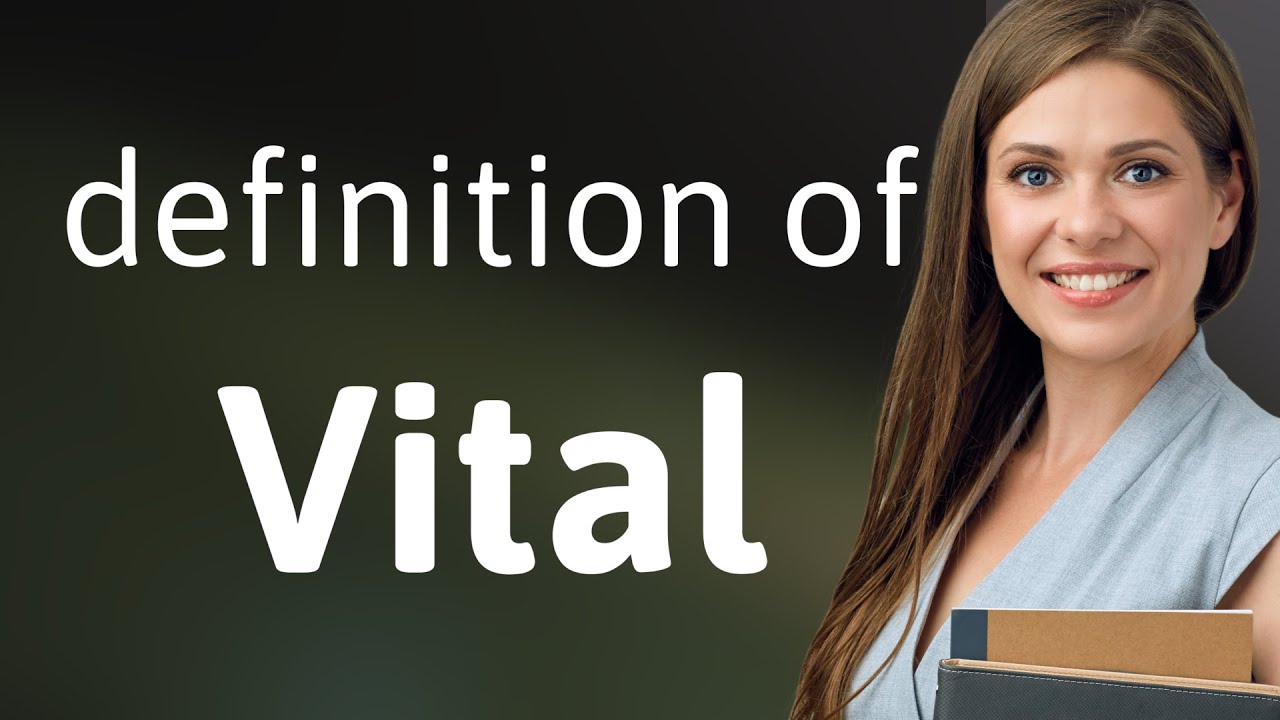
Understanding the Vital Definition of Addiction
At its core, addiction is a complex, multifaceted condition that leads individuals to compulsively engage in behaviors or consume substances despite facing adverse consequences. This granted definition is fundamental, revealing addiction’s chronic nature that doesn’t just impact the individual; it promotes a cycle that ensnares entire families. It’s essential to shift perception from viewing addiction purely as a moral failing to understanding it as a medical issue requiring compassion and support.
Common misconceptions around addiction often create stigmas that dishearten both individuals and their families. People mistakenly believe addicts simply lack willpower or moral character. In truth, addiction alters brain function and behavior, creating a powerful need for substances or behaviors. Acknowledging this evidence definition is pivotal for families striving to comprehend their loved one’s choices.
When a family member struggles with addiction, families often grapple with feelings such as guilt, shame, and anger. These emotions can strain relationships, making open dialogue nearly impossible. Hence, understanding the regards definition of addiction helps families not only bond but also foster a communication environment filled with empathy.
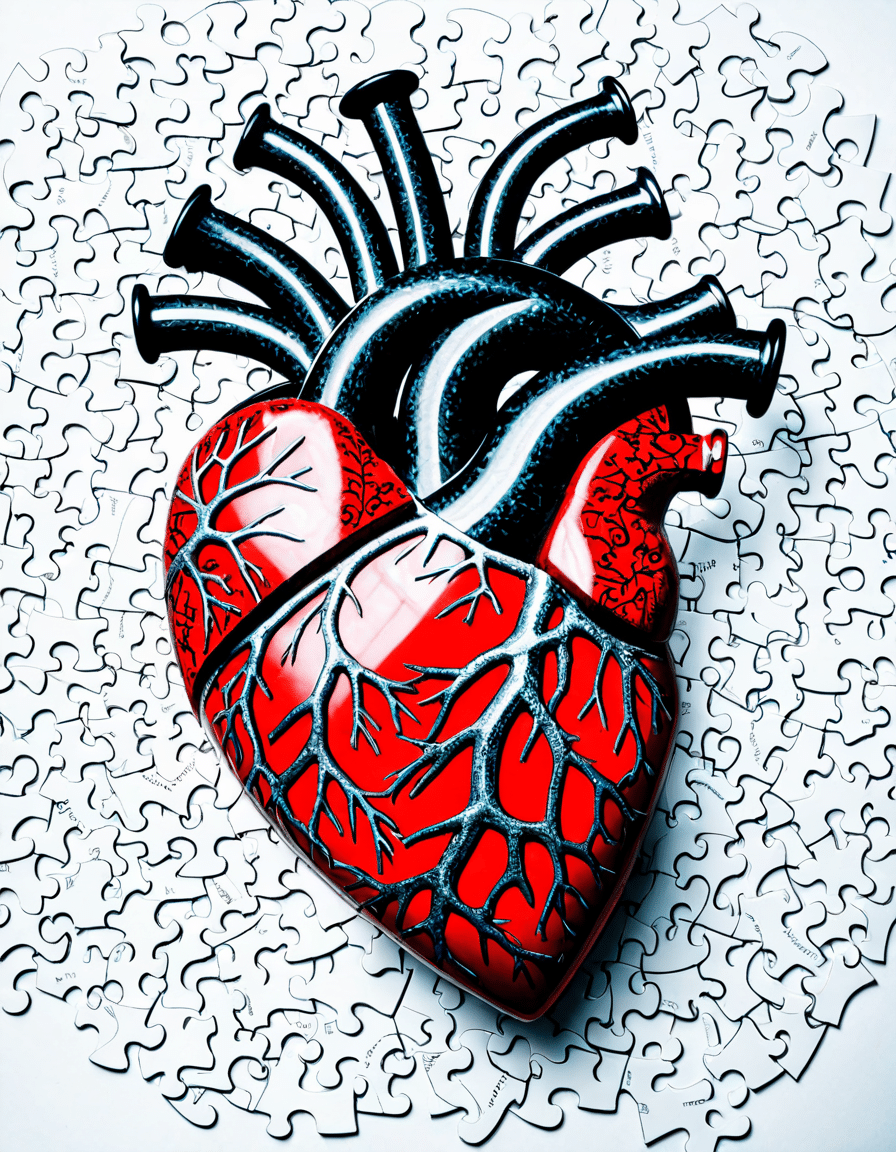
7 Perspectives on the Granted Definition of Addiction
To gain a comprehensive understanding of addiction and its broader implications on families, let’s explore seven perspectives that shed light on this complex issue:
The American Psychiatric Association defines addiction through the lens of substance use disorder (SUD). This clinical view categorizes addiction per specific criteria, including an inability to control use, neglecting responsibilities, and experiencing withdrawal symptoms. Recognizing this framework helps families understand the medical landscape of addiction.
The smoke and mirrors of addiction often hide intertwined mental health elements. The National Institute on Drug Abuse explains how many individuals self-medicate mental health disorders, further complicating family dynamics. This emotional rollercoaster can lead to anxiety, isolation, and resentment within families, making clear communication vital.
Addiction doesn’t exist in a vacuum; it’s heavily influenced by societal contexts. A study published in Social Science & Medicine illustrates how socio-economic status and familial relationships determine addiction likelihood. Families from disadvantaged backgrounds encounter systemic barriers, and this often intensifies addiction’s grip while complicating recovery efforts.
Different cultures respond to addiction in unique ways. For example, many Indigenous communities embrace collective healing practices rather than individualized treatment models prevalent in Western cultures. Understanding these cultural dynamics is essential for compassion and support, creating space for an approach that fits the family’s context.
Real-life stories resonate deeply. Take Demi Lovato, who openly shares her journey with addiction. Her narrative shines a light on familial strains and highlights the potential for healing as families navigate these turbulent waters together, illustrating the delicate balance between love and the pain of addiction.
A wealth of research highlights how addiction leads to neurobiological changes that can alter behavior and family relationships. Brain imaging studies vividly illustrate the changes that occur in addicted individuals, showcasing how addiction can perpetuate cycles that are detrimental to family dynamics.
Policies surrounding addiction treatment significantly affect family outcomes. For instance, the Affordable Care Act expanded insurance coverage for addiction treatment, making it easier for families to seek help. Still, gaps in care and stigma remain, demanding attention. Addressing these legislative issues can alleviate burdens faced by families once caught in the spiral of addiction.
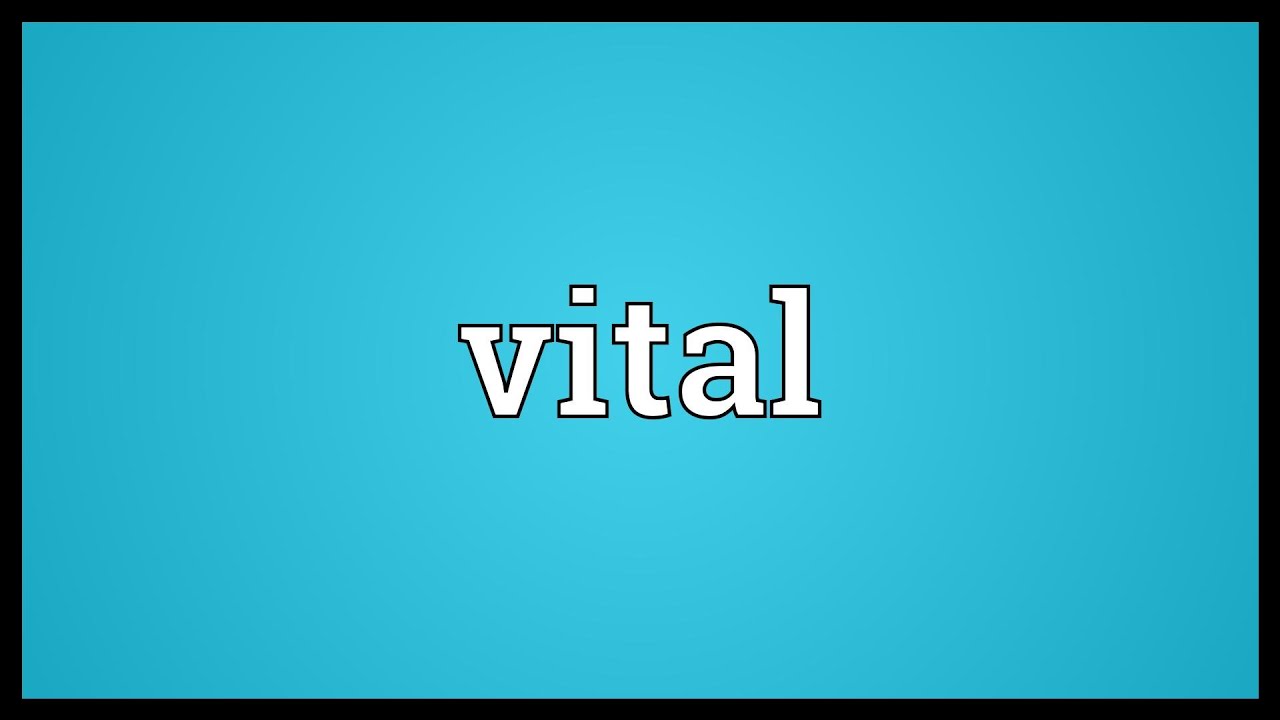
Analyzing the Evidence Definition of Addiction in Family Contexts
The evidence definition of addiction is highlighted by statistical analyses connecting substance abuse with family strain. Reports from the Substance Abuse and Mental Health Services Administration reveal that 1 in 5 children lives with a parent battling substance use disorders. This staggering statistic emphasizes the significance of addiction’s toll, affecting entire generations.
Families often face an array of consequences, including heightened rates of mental health disorders. Financial hardships compound the distress, making it increasingly difficult for families to support one another. Research demonstrates the need for an empathetic understanding of addiction’s reach, as families fight to salvage relationships amidst chaos.
By focusing on parental support and implementing community programs, families can learn how to communicate better and work towards healing. These steps aren’t just beneficial; they’re necessary for any hope of recovery and reconnection.
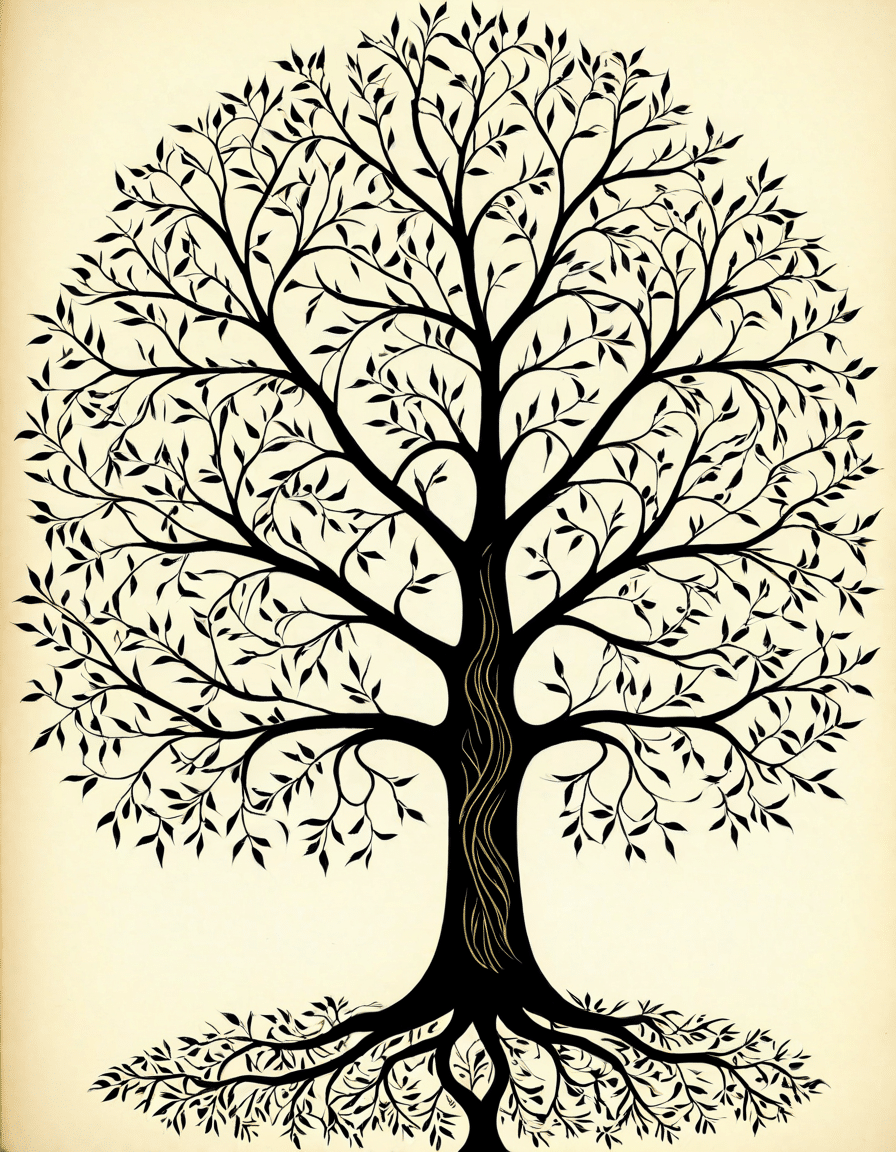
The Extreme Restraints of Addiction on Family Structures
When addiction seeps into family structures, it creates extreme restraints. Emotional labor quickly compounds as family members juggle the overwhelming responsibilities of managing treatment logistics alongside nurturing their emotional needs, often leading to caregiver burnout. This emotional strain can fracture relationships, leaving families isolated.
Support resources, such as those offered by Al-Anon Family Groups, emerge as lifelines. They provide essential spaces for members coping with the aftermath of a loved one’s addiction. Such interventions underline the importance of solidarity, emphasizing that families can navigate these turbulent waters together.
Families must understand that they’re not alone in this struggle. Support networks are vital to help family members cope with the stressors associated with addiction. Seeking help isn’t just an option; it’s a necessary step toward recovery.

Navigating Curbing Addiction’s Effects: Families in Action
Families can take actionable steps to mitigate addiction’s impact. Organizations like Rise Above Colorado facilitate awareness and education, empowering families by equipping them with vital resources. Educational workshops offer transformative tools, allowing families to intervene with compassion.
Family therapy advocates, such as the American Association for Marriage and Family Therapy, stress the importance of rebuilding trust and communication. These therapeutic approaches target negative cycles perpetuated by addiction, facilitating creation and expression of healthy relationships within families.
By taking steps to foster understanding and compassion, families can curb addiction’s effects. Community engagement is also a crucial part of this strategy, as it empowers families to support one another in healing.
A Way Forward: Embracing Hope and Change
The journey of understanding addiction’s vital definition and its impact on families requires devotion, dialogue, and compassion. Embracing comprehensive strategies—including clinical, psychological, sociocultural, and narrative dimensions—guides families towards recovery.
When we tackle addiction collectively, from support systems to legislative advocacy, we ignite a transformative shift. Like addiction, recovery flourishes through shared experiences, providing a hopeful path forward. The collective understanding and support pave the way for healing, connection, and renewed relationships, helping families embrace a brighter future.
For those navigating these tumultuous waters, remember—you’re not alone. There’s strength in community and healing in connection. At Mothers Against Addiction, we stand beside you.
The Vital Definition of Addiction: Insights into Impact on Families
Understanding the Vital Definition of Addiction
The vital definition of addiction isn’t just about the compulsive need for a substance; it’s a complex web that entangles both the individual and their loved ones. Math may help you visualize this, with terms like “detimental definition,” demonstrating that addiction can be profoundly damaging, much like random phone numbers cluttering your inbox. For families, this understanding is crucial because it helps them navigate the emotional and social turmoil that accompanies such struggles. In fact, many families find themselves feeling as though they’ve entered The Voidness, where hope can seem lost amidst the chaos.
Moreover, addiction’s hold can change the dynamics of family life overnight. With a based definition indicating that addiction is a disease, it shifts the focus towards treatment rather than blame, a necessary aspect for healing. The effects can ripple through relationships, sometimes feeling reminiscent of the struggles found in films like Prisoners 2, where the loved ones face emotional turmoil and the quest for resolution. This shift in perspective helps families approach their challenges with empathy.
The Impact and Recognition of Addiction
Understanding the vital definition of addiction also involves recognizing patterns and behaviors that define it, such as the habit definition, which highlights the repetitive nature of addiction. Addiction is more than just a habit; it alters how a person interacts with the world and their family, akin to a polar definition, where individuals straddle two realities—one of dependence and one of longing for freedom. This duality can leave family members feeling lost and confused, heightening their emotional burden.
Additionally, the impact can extend beyond emotional strain; financial issues can crop up too, somewhat parallel to understanding your Fico score meaning, where families might discover a greater number of debts linked to addiction-related expenses. This financial strain can add yet another layer of difficulty for those trying to support their loved ones. Each of these facets illustrates why grasping the vital definition of addiction is crucial for families. By focusing on the understanding and implications of addiction, families can start healing and support one another on the journey.

























